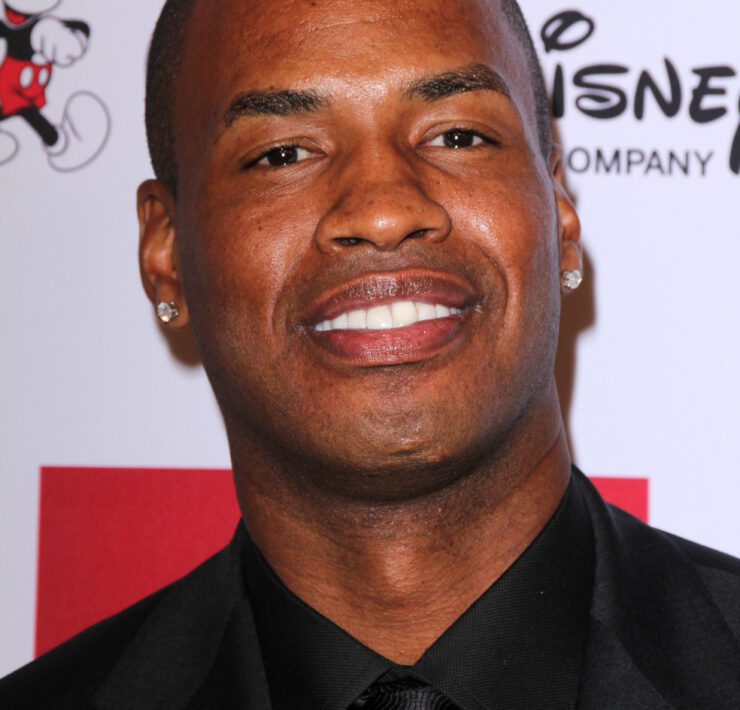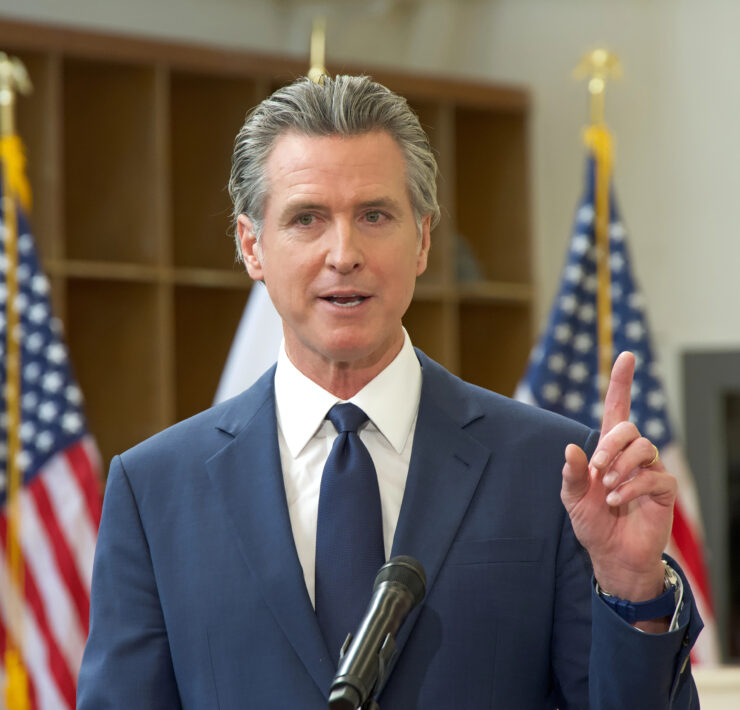Online LGBTQ Hate Surges After Release of MPV Information

Following the Center for Disease Control and Preventions (CDC) announcement on July 22—which identified two children with the Monkeypox Virus (MPV)—and the World Health Organization’s (WHO) designation of MPV as a public health emergency on July 23, hate speech describing the LGBTQ community as rapists, pedophiles, and groomers raged across the internet.
A report by the Institute for Strategic Dialogue (ISD) displays a surge in anti-LGBTQ sentiment on Twitter between July 21 and 25. Tensions were on the rise when both announcements were released including the statement made to the Washington Post by the Director of the CDC, Rochelle Walensky.
She disclosed that both infected children were, “traced back to individuals who come from the men who have sex with men community—the gay men community. And so, when we have seen those cases in children, they have generally been what I call, ‘adjacent’ to the community at risk.”
ISD, a non-profit organization that safeguards human rights through analyzing and responding to extremism, reports that on July 23 there was a 3,195% spike in conversation volume regarding children and the MPV with some of the highest trending key phrases being: sexual abuse, gay disease, LGBTQ people, California toddler, and MPV causes.
The day’s top tweet was from Congresswoman Marjorie Taylor Greene who generated 9,721 retweets, 2,025 quote tweets, and 37.6K likes on her tweet that asks, “If Monkeypox is a sexually transmitted disease, why are kids getting it?”
If Monkeypox is a sexually transmitted disease, why are kids getting it? pic.twitter.com/mvgSlxZ0Pp
— Rep. Marjorie Taylor Greene???????? (@RepMTG) July 23, 2022
Anti-LGBTQ ‘groomer’ rhetoric which grew after the enactment of Florida’s ‘Don’t Say Gay’ bill is also being used in discussions about MPV and the queer community. The Insider reached out to Twitter—which reportedly banned the word when used as a descriptor for queer people on July 22—requesting comments about five tweets that suggested people with MPV and members of the LGBTQ community members were groomers. Following the publication’s request, the platform removed the tweets for violating its Hateful Conduct policy.
“The ease with which the above disinformation and hate campaign related to monkeypox spread on the platform, and the lack of action taken by Twitter on accounts that are leading the charge, show that prohibiting ‘groomer’ content based on a tight set of parameters related to its use against trans and non-binary people will do little to impact the spread of anti-LGBTQ+ hate,” the ISD states.
Vice News also reports that banned Twitter user Laura Loomer writes on Telegram in regards to the two children who were infected with the virus, “Who is raping kids in D.C.?”
Another far-right activist on Telegram, Lauren Witzke, who has 30,000 subscribers, writes, “Gays are raping babies and monkeypox is spreading rapidly throughout their communities because they can’t stop themselves-nor can they stop raping babies. We’re about to see a LOT more child cases, and that should concern everyone.”
Men who are gay, bisexual, or participate in intercourse with other men have seen the most significant number of MPV infections, but despite the negative connotation given to these individuals, the CDC website states that the virus can be spread to anyone, “regardless of sexual orientation or gender identity, who has been in close personal contact with someone who has monkeypox,” or that has come into contact with respiratory secretions or object, fabrics, and surfaces used by those infected with the virus.
“The heightened numbers of monkeypox infections initially reported among men who have sex with men can largely be attributed to the initial superspreading event,” Rebecca Fischer, an infectious disease specialist at Texas A&M University, tells Vice.
She explains that the virus will inevitably continue to spread outside of the LGBTQ community, but “Since anyone who comes into contact with the virus could become infected, there should be no social stigma attached to becoming infected.”










